Wisconsin Assembly passes nearly $3 billion state income tax cut that Evers vows to veto
The Republican-controlled Wisconsin Assembly passed a proposal to use the state's projected budget surplus to cut state income taxes, which Democratic Gov. Tony Evers has said he will veto.
Associated Press
September 12, 2023
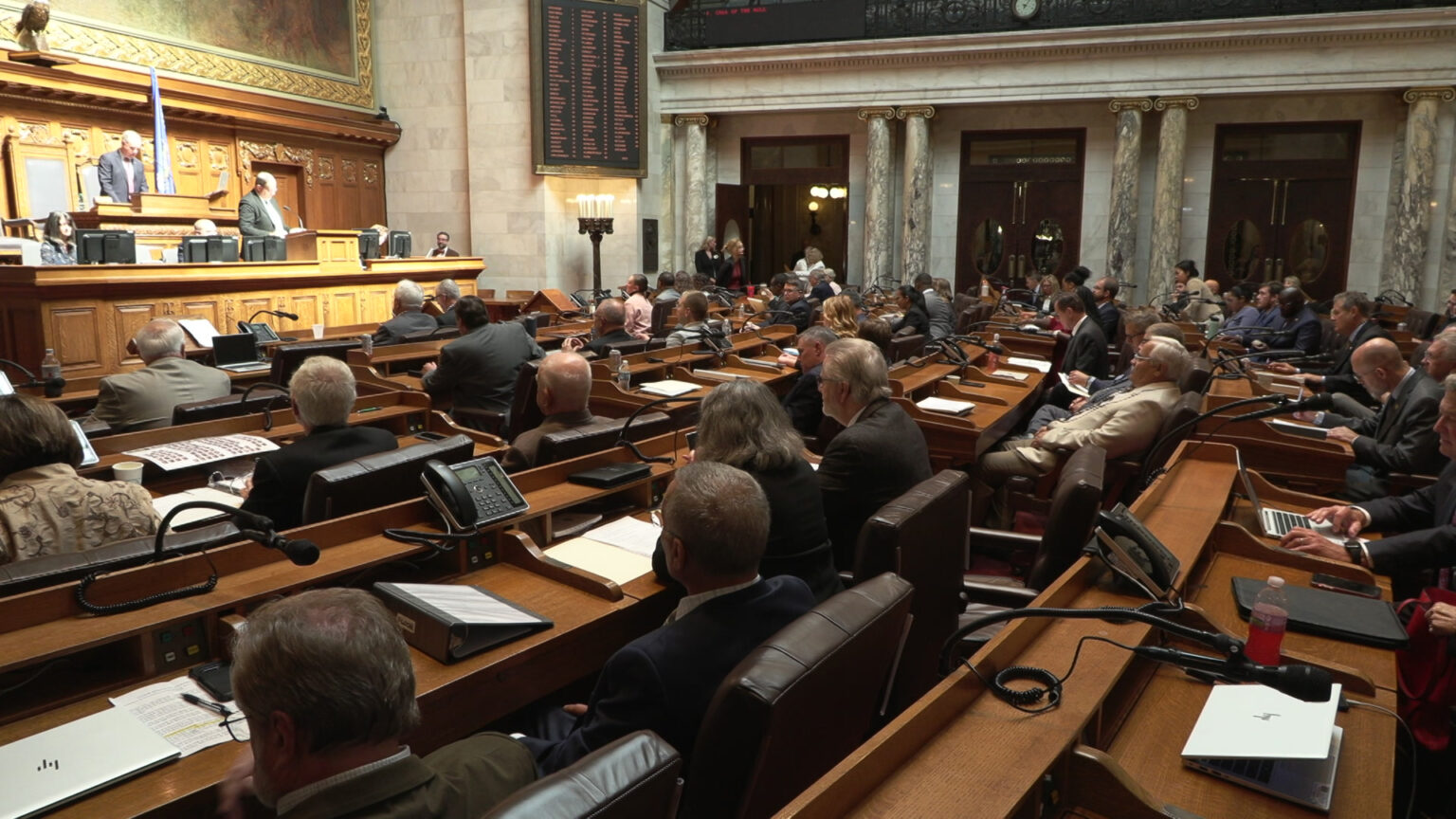
Republican lawmakers said a $3 billion proposal to cut state income taxes is designed to combat inflation and make more Wisconsin retirees stay in the state, while Democratic lawmakers said they don't think the plan is sustainable. (Credit: PBS Wisconsin)

MADISON, Wis. (AP) — The Republican-controlled Wisconsin Assembly passed a nearly $3 billion income tax cut proposal on Sept. 12, despite promises from Democratic Gov. Tony Evers to veto it.
The Assembly passed it 64-35 with all Republicans in support and Democrats against. Republicans said the measure was designed to combat inflation and make more Wisconsin retirees stay in the state.
Rep. David Steffen, the Republican author of the bill, said it would provide swift and broad tax relief.
Taxes would drop from 5.3% to 4.4% for individual income between $27,630 and $304,170 and married couples between $18,420 and $405,550.
The bill would also exclude the first $150,000 of a couple’s retirement income from taxes, which would apply to people over 67.
The measure would utilize the state’s projected $4 billion budget surplus to pay for it.
Democrats echoed Evers in saying they didn’t think the tax cut was sustainable and efforts should instead focus in other areas, like making child care more affordable and tax cuts more targeted to the middle class.
Evers has said he was open to reconsidering cutting taxes if Republicans would look at funding some of his priorities. Evers called a special session for the Legislature on Sept. 20 to spend more than $1 billion for child care, the University of Wisconsin System, worker shortage programs and other areas.
“I’m not going to sign an irresponsible Republican tax cut that jeopardizes our state’s financial stability well into the future and the investments we need to be making today to address the real, pressing challenges facing our state,” Evers said Sept. 6.
Evers’ budget director has warned that cutting taxes more than $432 million over the next two years could jeopardize about $2.5 billion in federal pandemic relief money the state has received. Republican Rep. Mark Born dismissed that concern, calling it a threat from the Evers administration that won’t happen.
Republican Rep. Terry Katsma said before the vote on Sept. 12 that it was disappointing Evers had promised a veto even before the measure had a public hearing.
The Assembly does not have enough Republican votes to override a veto. If that happens as promised, Katsma said Republicans would then look at other options.
Republicans have instead introduced more modest child care proposals that the Assembly is slated to vote on Sept. 14.
The tax cut bill now heads to the Senate.
The Assembly also voted 63-35 on Sept. 12 to approve a constitutional amendment making it harder to raise taxes. Evers won’t be able to stop the constitutional amendment which ultimately would require voter approval. Under the proposed amendment, a two-thirds supermajority vote in the Legislature would be required in order to raise taxes — a law 16 other states already have.
Additionally, the Assembly approved another constitutional amendment on a 63-35 vote that would weaken the governor’s power by requiring the Legislature to sign off on spending federal funds. The governor has discretion to spend it without legislative approval.
In his first term, Evers was responsible for distributing billions in federal COVID-19 relief funds. Republican lawmakers renewed their criticism of his spending choices after a nonpartisan audit in December said Evers wasn’t transparent about how he decided where to direct $3.7 billion in aid.
Proposed constitutional amendments must pass two consecutive sessions of the Legislature and be approved by voters before taking effect. Requiring a two-thirds majority for raising taxes is being considered for the first time. The one requiring legislative sign-off on spending federal money passed last session. Both amendments go next to the state Senate.
Evers has no say in the adoption of constitutional amendments.
 Passport
Passport




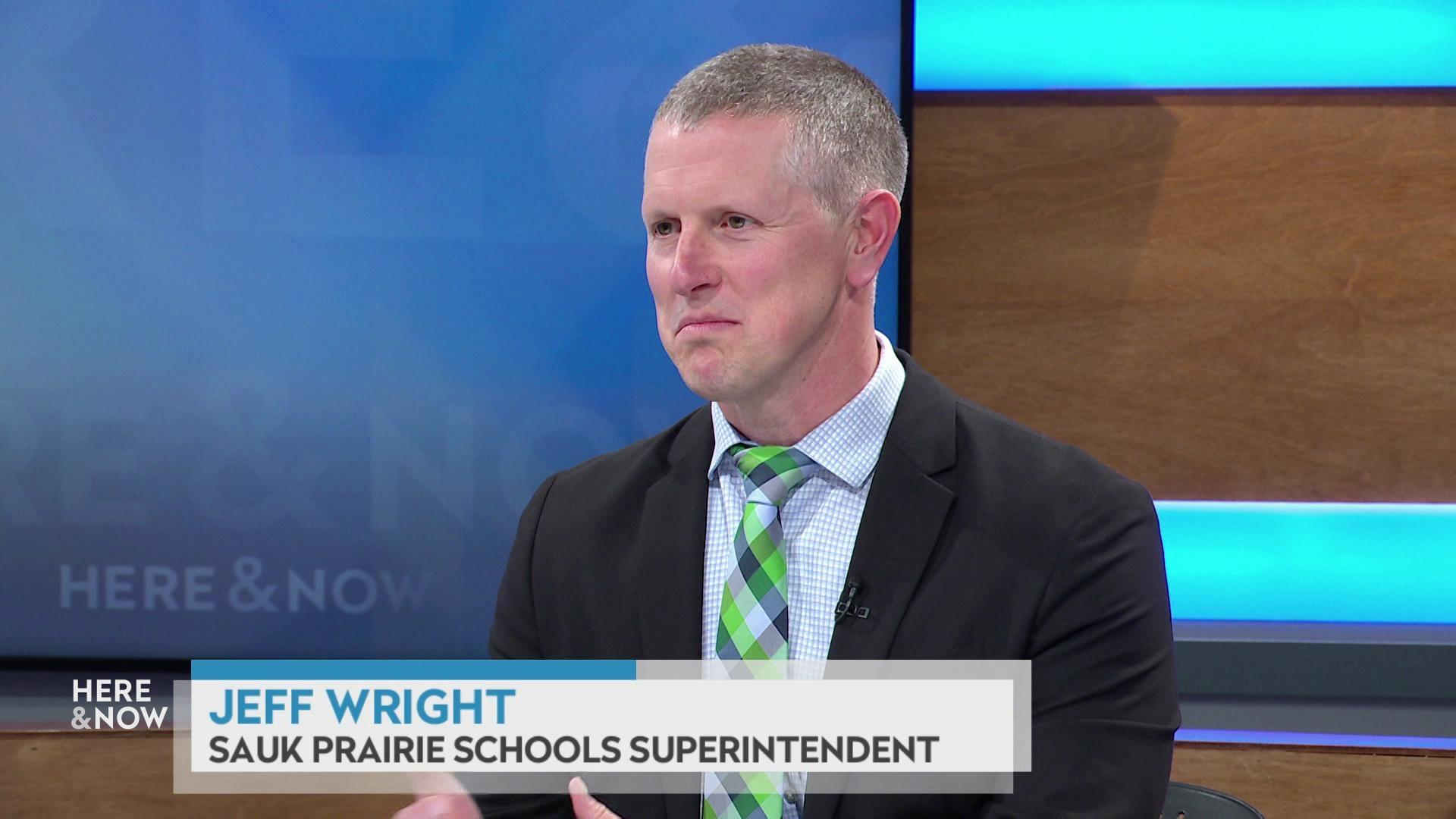
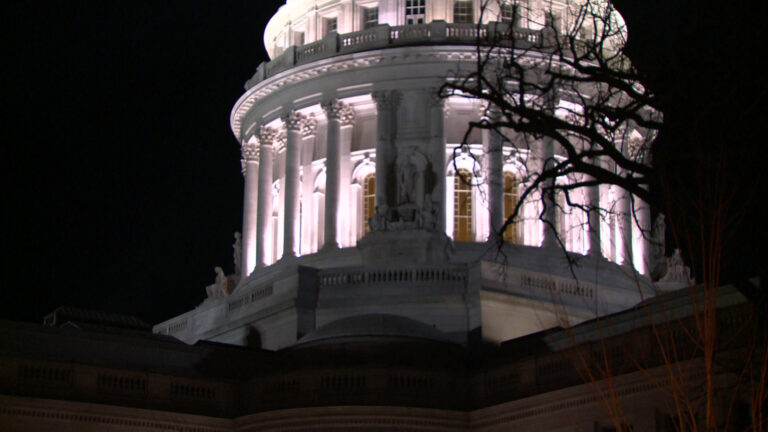
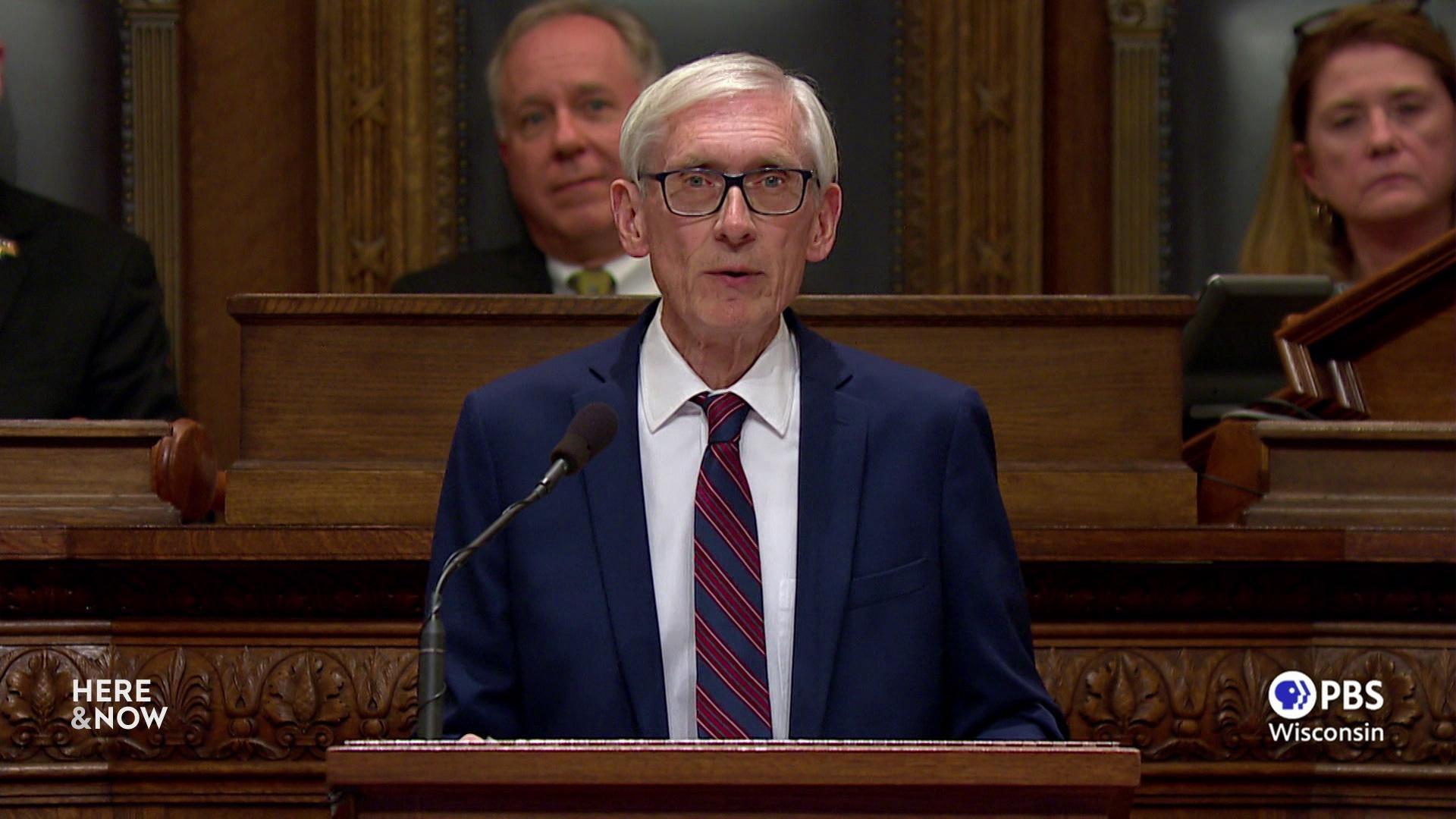
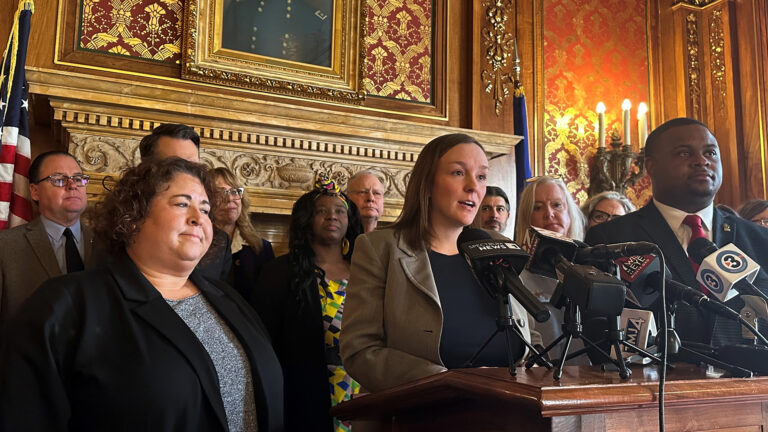
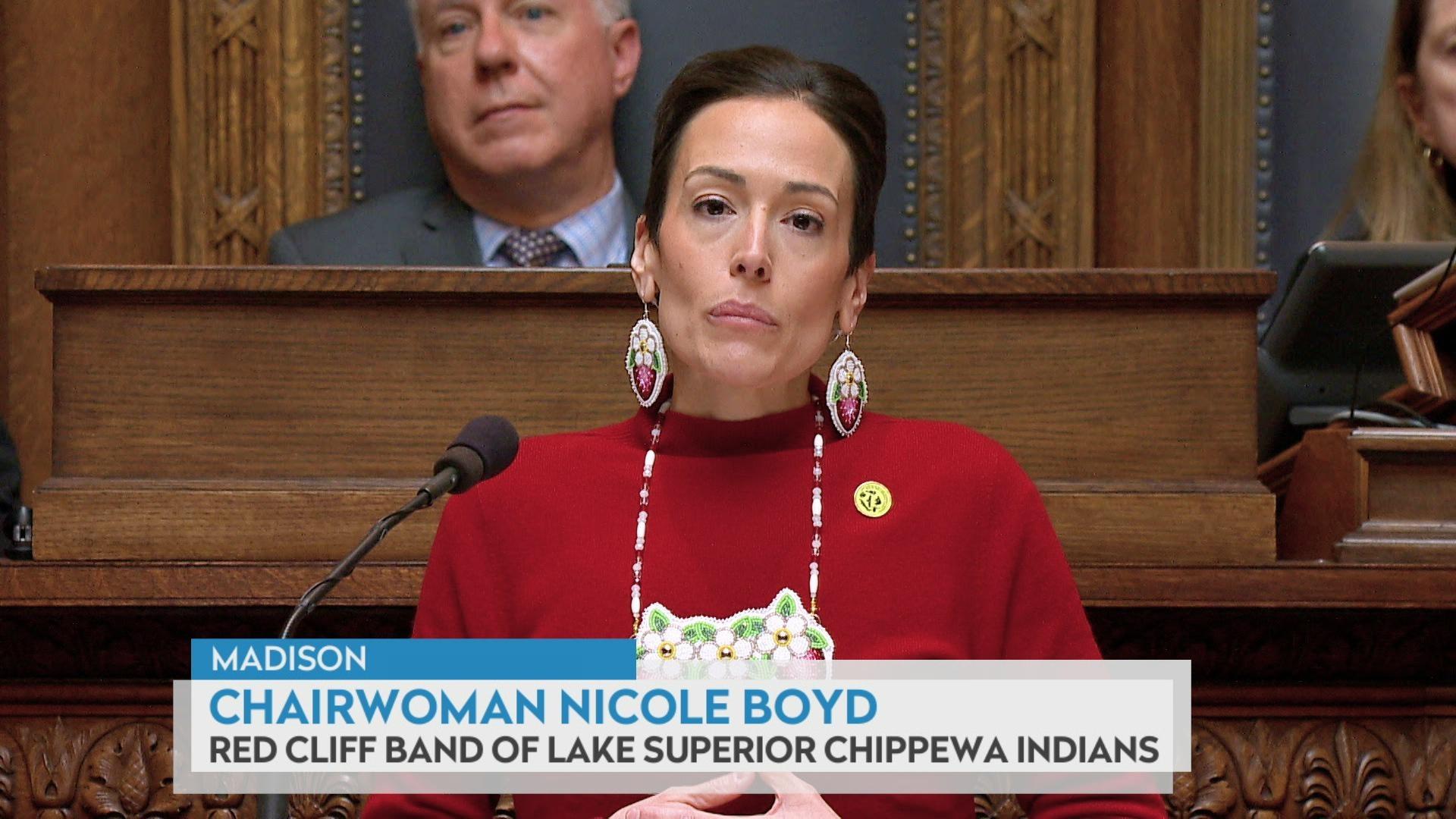
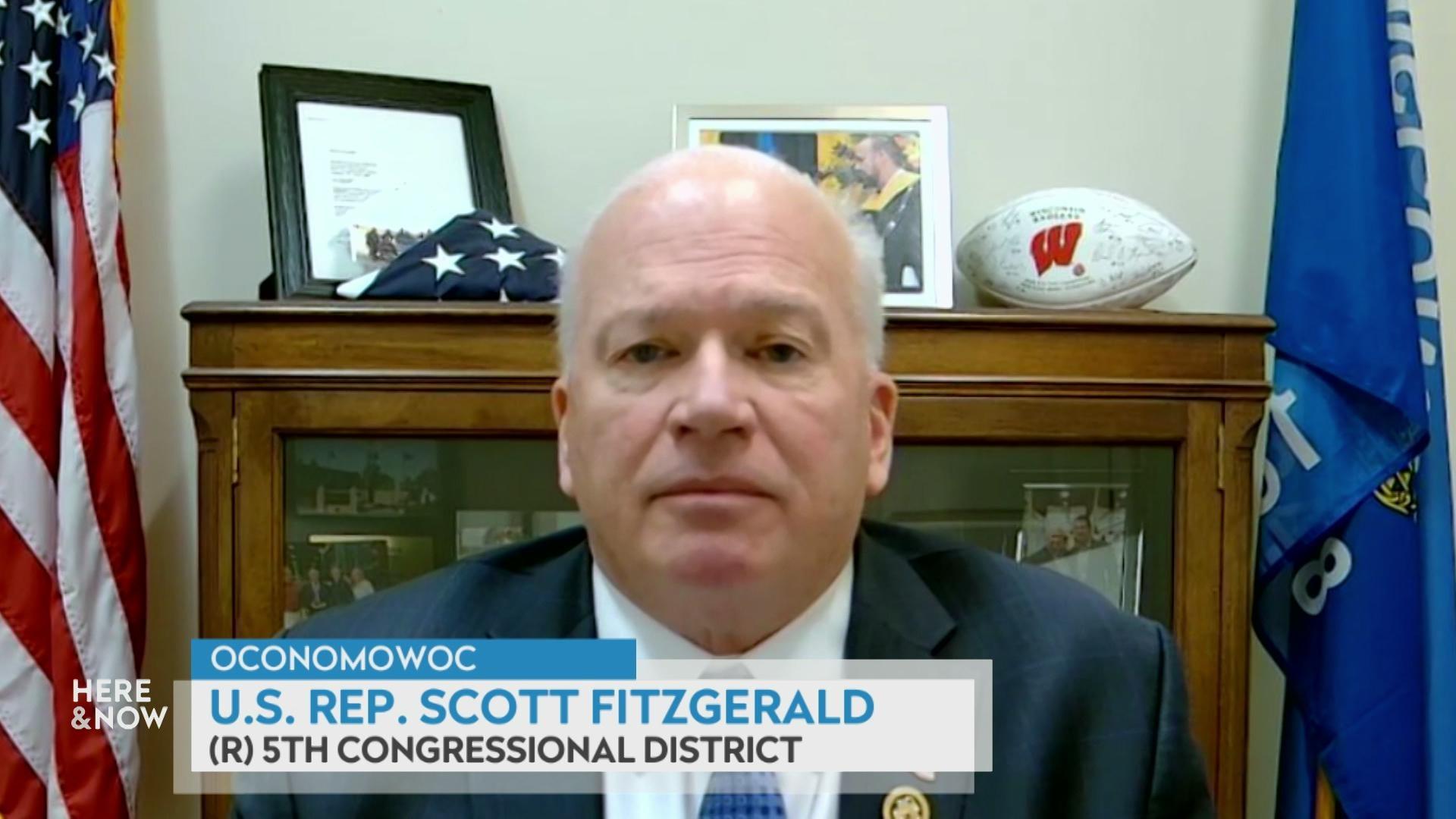

Follow Us